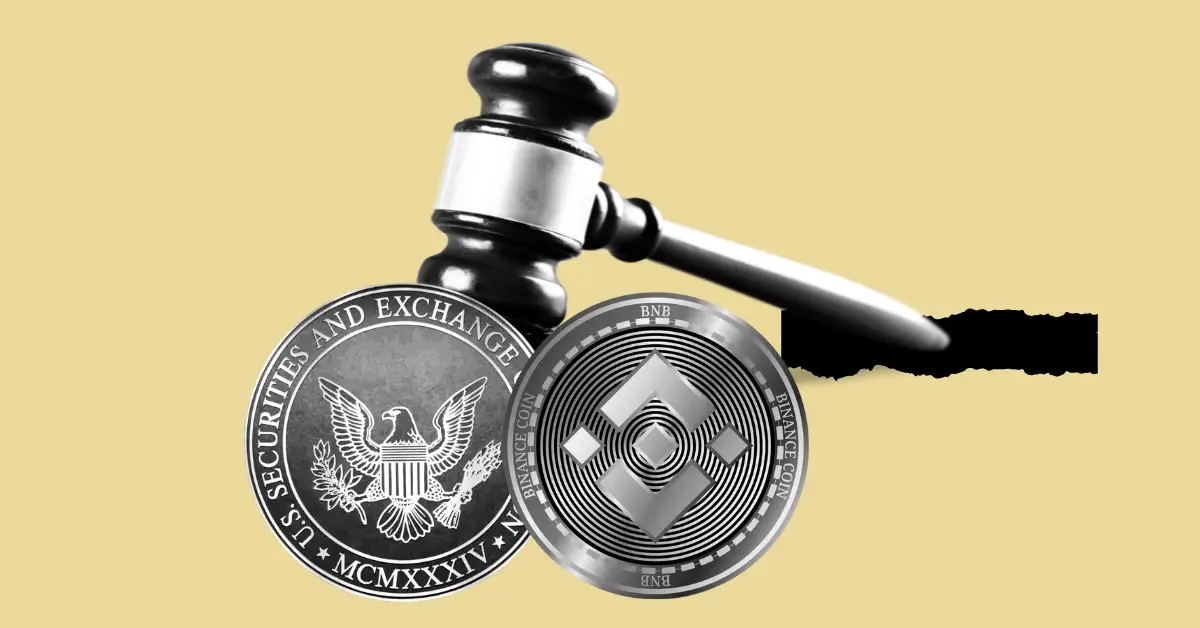In the unfolding drama between the SEC and Binance, one of the world’s largest cryptocurrency exchanges, Judge Zia M. Faruqui has set a deadline for an expedited discovery update by April 5. This development is part of the broader scrutiny Binance faces over its operational practices, including how it tracks assets and adheres to regulatory standards.
A Closer Look at Binance’s Compliance Efforts
The SEC’s investigation into Binance covers a range of operational facets, from its digital wallet software to its fund management protocols. This indicates a comprehensive approach by the regulator to understand and evaluate the exchange’s compliance with U.S. laws.
In response to these inquiries, Binance has submitted a voluminous amount of documentation—over 300,000 pages—to demonstrate its adherence to regulatory expectations. Moreover, the exchange has taken steps to enhance its transparency, offering to share non-confidential information, such as internal communications, to clarify any points of contention.
Changpeng Zhao Under the Microscope
The SEC’s probe also zeros in on Changpeng Zhao, the founder of Binance, examining his involvement and influence within the company. Despite previous accusations of reluctance to cooperate, Zhao and his team are now actively engaging with the SEC, signaling an openness to address and resolve the regulatory concerns.
Binance Faces Legal Challenges Beyond the SEC
Adding to Binance’s regulatory challenges, the Federal Inland Revenue Service (FIRS) of Nigeria has initiated legal action against the exchange. On March 25, FIRS filed a criminal charge in the Federal High Court of Abuja, accusing Binance of tax evasion. This legal battle underscores the global scope of the regulatory hurdles Binance is confronting.
The Path Forward
As the deadline for the expedited discovery update approaches, the crypto and regulatory communities will be watching closely. The outcome of these legal proceedings could have significant implications for Binance’s operations and the broader cryptocurrency market, highlighting the increasing regulatory focus on the industry’s compliance practices.
